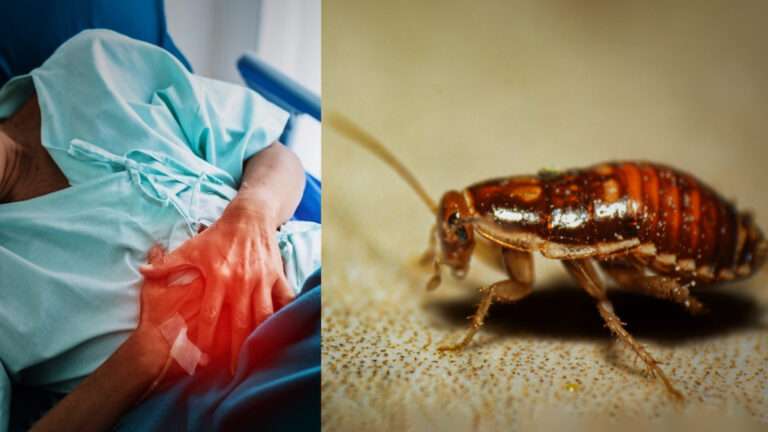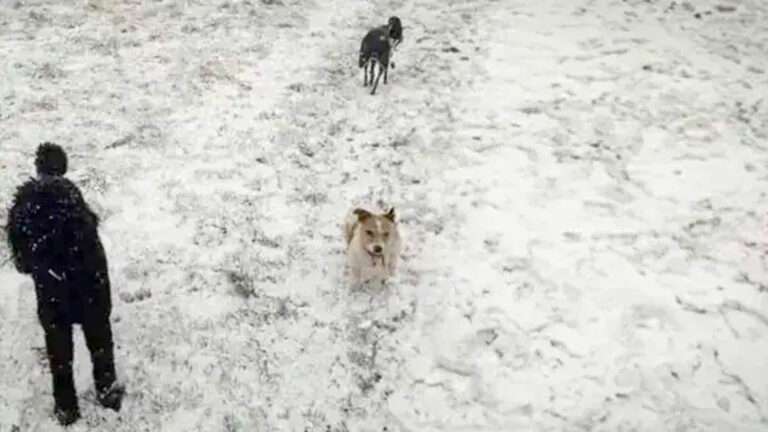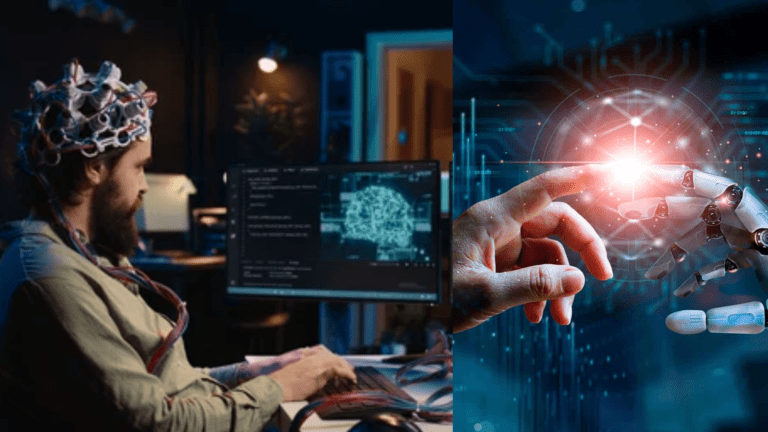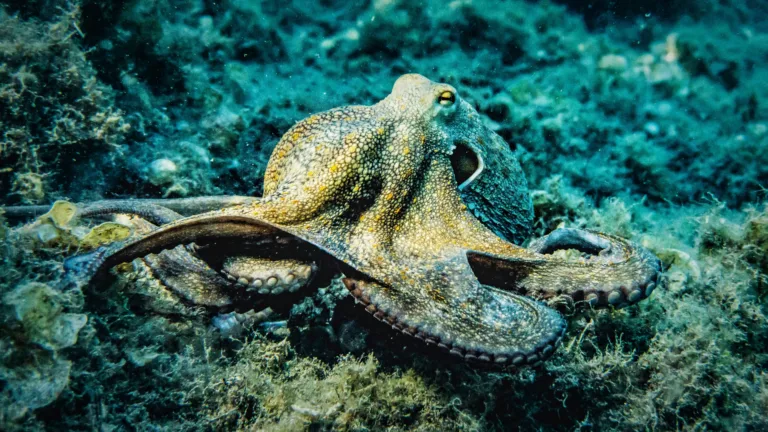Could Covid-19 Reveal the Truth About Our Reality? Scientist Suggests We Might Be Living in a Simulation
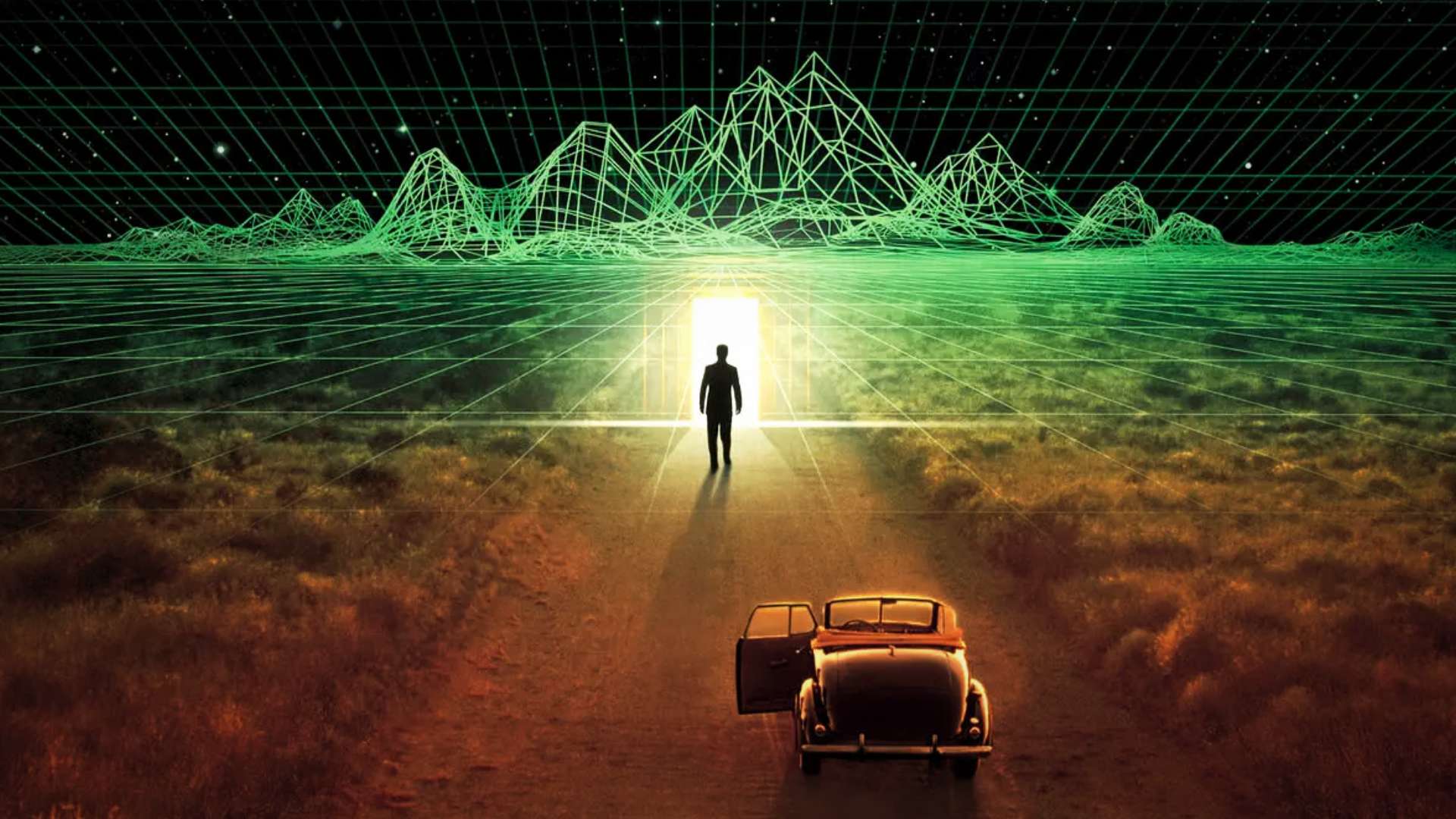
Could the global Covid-19 pandemic offer proof that we are not living in the reality we think we are? Dr. Melvin Vopson, a physicist researching the virus, believes he’s uncovered evidence that our universe might be a simulated construct. His findings also raise questions about the theory of evolution. Let’s dive into this ground-breaking research.
Introduction: Could Covid-19 Be the Key to Unveiling the Truth About Our Reality?
In a time when the world has been rocked by a pandemic, one scientist is proposing a theory that could change everything we know about existence. Dr. Melvin Vopson, a physicist studying the SARS-CoV-2 virus—responsible for the Covid-19 pandemic—believes he has uncovered evidence that could suggest we are living in a computer simulation. And this research might just have far-reaching implications for the theory of evolution as well.
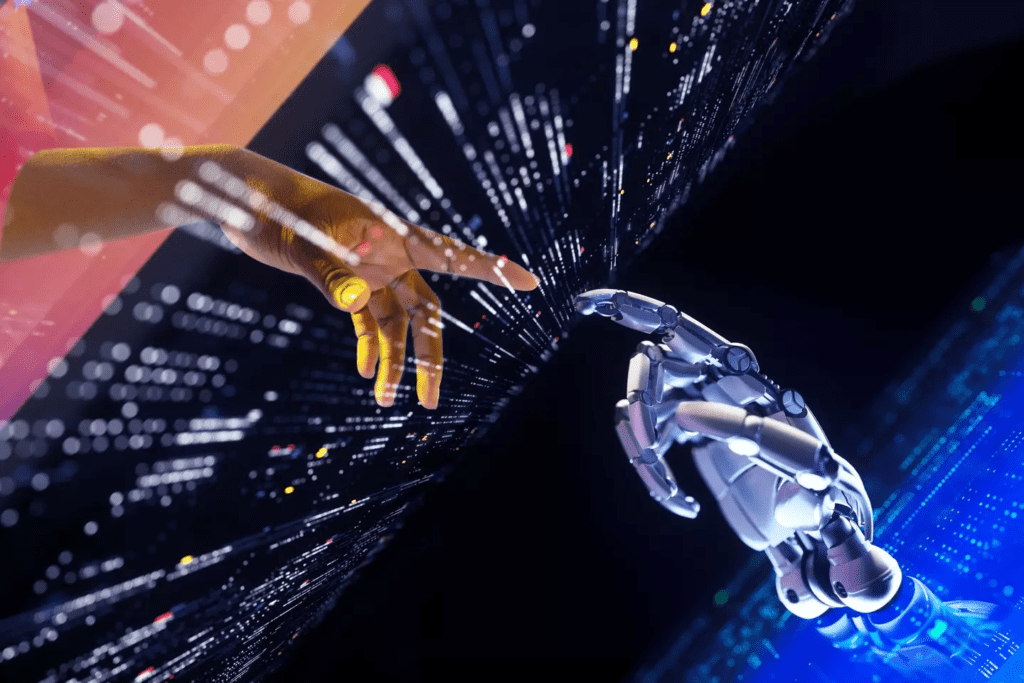
In this blog post, we will explore Dr. Vopson’s hypothesis, his findings, and what this means for our understanding of reality. Could the Covid-19 virus help us answer one of the most debated questions in science today? Are we living in a simulated universe?
The Theory of a Simulated Reality: What Is It and Why Does It Matter?
The idea that our universe could be a simulation isn’t new. The Simulation Hypothesis—first popularized by philosopher Nick Bostrom—proposes that everything we experience is part of a vast computer simulation. In essence, our entire universe, including our thoughts, perceptions, and physical world, might be artificially generated by an advanced civilization.
Dr. Vopson’s research is intriguing because it introduces new ideas in the context of a global pandemic. He suggests that the virus could hold clues that point to a simulated reality. While the concept is still largely speculative, Vopson’s approach includes evidence from emerging scientific fields like information physics and a principle he refers to as the second law of information dynamics.
The Covid-19 Connection: How a Virus Could Uncover a Simulated Universe
Dr. Vopson’s ground-breaking work focuses on analyzing the SARS-CoV-2 virus that triggered the Covid-19 pandemic. The virus, which has tragically claimed millions of lives worldwide, might be a key to unlocking answers about the nature of our existence.
Vopson’s study analyzes how mutations in the virus occur, focusing on whether they are random or follow some kind of underlying pattern. Interestingly, his research found that mutations in the virus were predominantly characterized by the deletion of nucleotides—98.92% of the mutations followed this path, while only 1.08% involved the addition of nucleotides.
Why does this matter? According to Vopson, the pattern of deletions observed in the virus could be an indication that the universe itself is optimized for data efficiency. In other words, if our universe were a simulation, it would need built-in mechanisms to streamline data processing and reduce storage requirements—just as computer systems work to minimize unnecessary data.
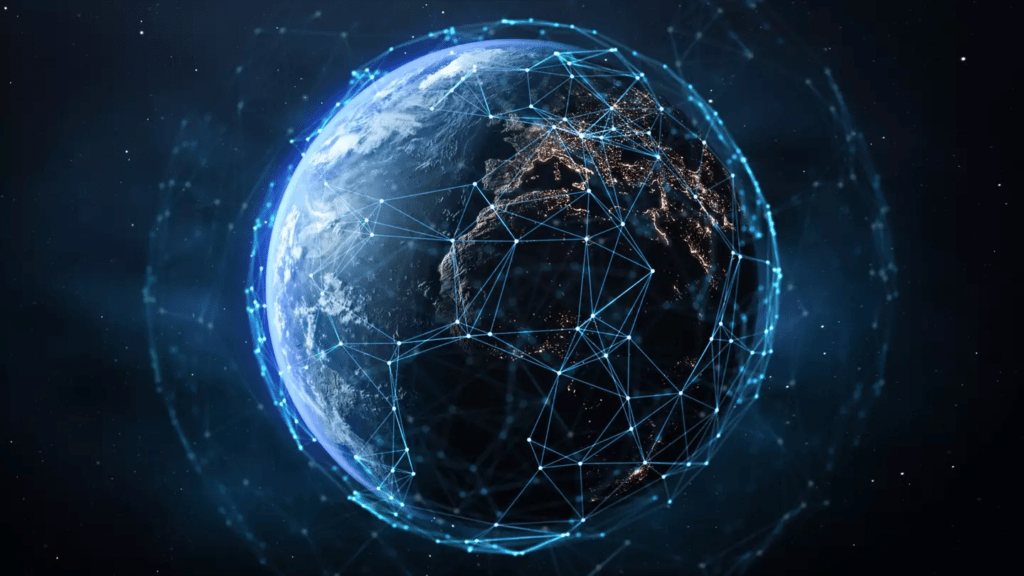
Debunking the Theory of Evolution? Vopson’s Revolutionary Claim About Mutations
Perhaps one of the most controversial aspects of Vopson’s work is his suggestion that the mutations in the SARS-CoV-2 virus are not completely random, as previously believed. The random mutation theory is a cornerstone of Darwin’s Theory of Evolution, which suggests that genetic changes occur randomly and are selected through natural processes over time.
However, Vopson’s analysis of viral mutations challenges this idea. His research suggests that mutations in biological systems could follow predictable patterns—something more akin to a controlled process rather than a random one. This could have profound implications for how we understand evolution and the very nature of life itself.
What Is the Second Law of Infodynamics and How Does It Support the Simulation Hypothesis?
To understand Dr. Vopson’s conclusions, we need to delve into a scientific concept known as infodynamics. The second law of information dynamics is a principle that deals with how information behaves in physical systems. Essentially, it suggests that information tends to flow toward more organized and compressed states.
Vopson posits that this principle could explain how our universe works. He argues that if the universe were a simulation, it would require mechanisms to optimize and compress information, similar to how computer programs function. The second law of infodynamics may be evidence of such mechanisms in action.
In his research, Vopson found that this law appears to manifest universally, affecting everything from genetic information to the cosmos itself. The patterns observed in these systems suggest a universal tendency toward data optimization and compression—a characteristic that, according to Vopson, aligns closely with how simulations function in computational systems.
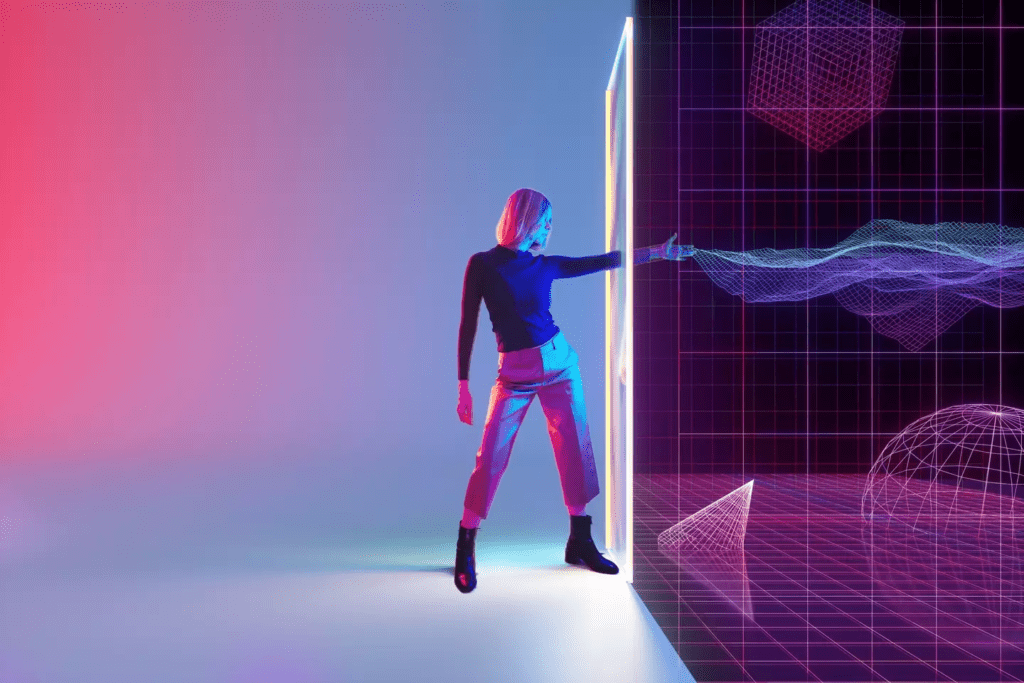
Social Media Buzz: What Are People Saying About the Simulation Hypothesis?
As Dr. Vopson’s research continues to generate buzz, social media users are weighing in on whether our reality might be a simulation. Below are some posts from around the web that have sparked conversations on this ground-breaking theory. Take a look and share your thoughts with us!
Twitter Post: “Could the pandemic be revealing that our universe isn’t real? 🤯 Dr. Melvin Vopson’s research on Covid-19 mutations suggests we might be living in a simulation. #SimulationHypothesis #Covid19 #ScienceNews” Read more on Twitter
Reddit Discussion: “Physicist claims SARS-CoV-2 mutations point to a simulated universe. What do you think—are we living in a simulation? Let’s discuss the possibilities!” Join the Reddit discussion
Facebook Post: “What if everything we experience is just part of a simulation? Dr. Melvin Vopson’s study on Covid-19 and the simulation hypothesis challenges everything we know. Share your thoughts!” Engage on Facebook
Instagram Story Idea: Post a photo of a computer screen with complex code and overlay the text: “Are we living in a simulation? 🤔 Dr. Vopson’s new research suggests that Covid-19 could hold the key to answering this mind-boggling question. #SimulationTheory #FutureOfScience” Follow us on Instagram
These social media posts can serve as a great way to get your readers involved in the conversation and share the article with their networks. You can also use hashtags like #SimulationHypothesis and #ScienceNews to help your content reach a wider audience.
The Simulated Universe Hypothesis: What Does This Mean for Our Understanding of Reality?
Dr. Vopson’s findings are fascinating, but they don’t conclusively prove that we’re living in a simulation. However, they raise important questions about the nature of reality and how we perceive the world around us. If the universe operates like a simulation, what does that mean for our understanding of time, space, and existence?
One possibility is that our perception of reality could be limited by the constraints of the simulation itself. If the universe were a computer program, the laws of physics, the behaviour of particles, and even the evolution of species could all be determined by the parameters set by the creators of the simulation. This would challenge everything we know about science and the nature of life.
How Could These Findings Impact the Future of Science and Technology?
While Vopson’s research is still in its early stages, the implications of his work could reshape how scientists approach questions of existence, evolution, and the fabric of reality itself. If further studies confirm that the universe behaves in ways consistent with a simulation, it could open up a new era of scientific inquiry.
Scientists may begin to look at the universe through a new lens—one where information theory and computational models play a larger role in understanding the physical world. This could lead to breakthroughs in fields like quantum computing, artificial intelligence, and even the search for extra-terrestrial life.
Conclusion: Are We Living in a Simulation? The Search for Answers Continues
Dr. Melvin Vopson’s work on the SARS-CoV-2 virus and the potential link to the simulated universe hypothesis is a compelling exploration into one of the most profound questions of our time. While his research does not yet offer conclusive proof that we are living in a simulation, it does present intriguing evidence that suggests we might be closer to understanding the true nature of reality than we ever imagined.
Whether or not we live in a simulated universe remains a mystery, but Vopson’s work encourages us to think differently about the world around us. As scientific research continues to evolve, we may one day have the answers that explain the true nature of existence. Until then, we can only speculate about the simulation hypothesis and what it could mean for humanity’s future.
Featured Image Credit: Getty Images/Andriy Onufriyenko

